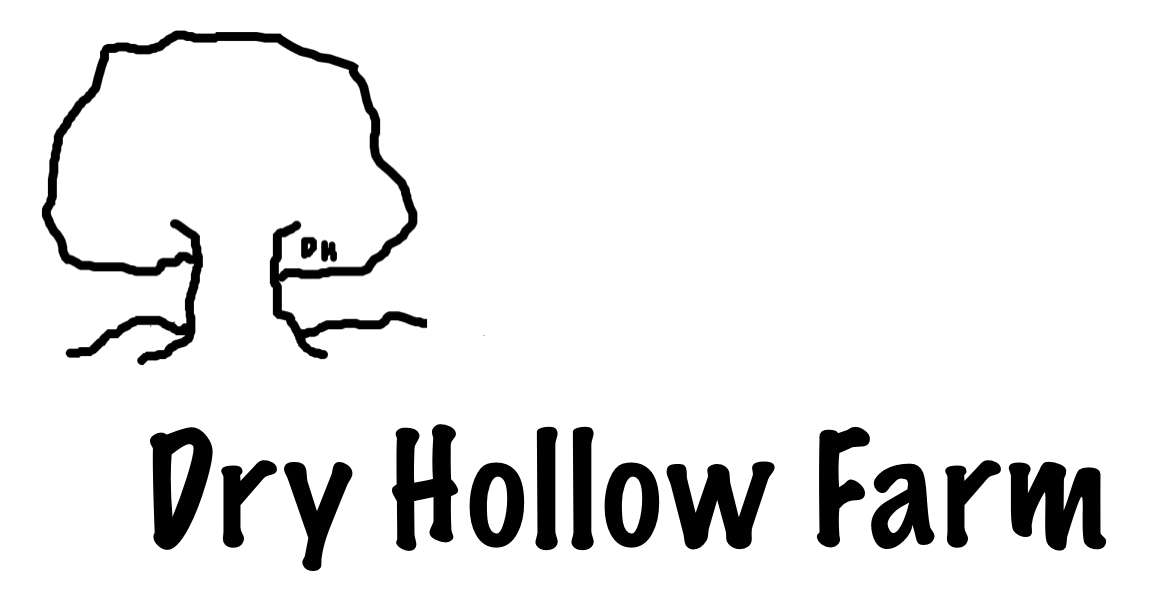Using Everything
We never throw anything away at the farm. Scraps of wood, old buckets, pieces of chain - it seems as if when I throw an item in the trash on Wednesday, Thursday I need it (and right after the trash truck runs, of course!).
Keeping almost everything is a spatial challenge. Since we have guests coming and going on our farm property, we try not to leave much lying around. But in reality, a pile of this and a pile of that cannot be helped.
Every working farm has a scrap pile (or piles!) somewhere. Although most of our scrap wood is organized in the barn loft, we have additional stacks of scrap pieces piled in several locations so we can pull from them quickly when working on a project.
A little further out of sight of the main area, we stash pieces of fencing, old metal gates, and fence posts. Chicken wire scraps, wooden pallets, lengths of barbed wire - they all will be needed eventually and must be stored somewhere. Our metals are stored down the hill from the barn, at the edge of a wooded area where every autumn a new blanket of leaves covers their hiding place.
Fences are crushed by falling trees. Gates are twisted and buckled by horned creatures desperate to get to the other side. The old latch on a barn stall is worn and weary. Everything will eventually break, so we must be prepared for quick repairs.
We even use broken bricks and concrete blocks for a multitude of purposes, such as reducing muddy areas around water faucets, fashioning walkways or fire pit skirts, and creating tiny pollinator perches in watering trays.
Half-used bags of lime, old windows and doors, and pieces of netting - all can be found somewhere on our farm. You just can’t throw it away!
Television movies and commercials always make me to chuckle when they show panoramic views of beautiful landscapes, brightly colored barns, sparkling white fences, pristine watering troughs, and expanses of green grass beneath clear, crystal blue skies. Somehow, this is rarely our reality!
Where’s the mud?
Where are the piles of scrap lumber and fencing pieces and temporary gates?
Where are the dusty tarps or rolls of landscape paper?
Where are the compost piles?
Where are the shovels left beside a garden bed, the hammer atop a fencepost, the pitchfork forgotten behind the barn?
Farms require stuff, lots of stuff, and few farms have enough storage space to house it all. In fact, if we had more storage space, we’d store more animals, not fenceposts …
We are a working farm, and we keep everything.
Because someday, probably tomorrow, we will need it.
Dr. Kathryn Bush owns and operates Dry Hollow Farm, a working goat and sheep farm in Huntingdon, Tennessee. Together with her husband, Russell, she creates skincare products from their fresh goat milk, grows organic herbs, welcomes visitors to their two cabins on the farm (available for stays through Airbnb), keeps the farm’s on-site soap shop stocked with their handcrafted products, and enjoys working the farm in company with their Great Pyrenees dogs (who work hard guarding the animals). Check out their natural products featuring farm-grown ingredients here, and sign up for the Dry Hollow Farm newsletter to stay in touch and be the first to hear about farm news, events, and new products.




